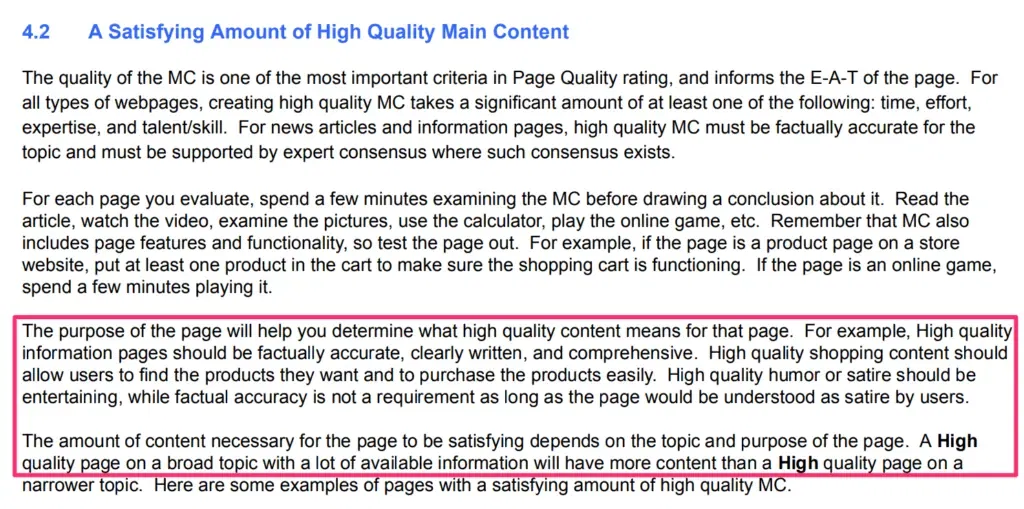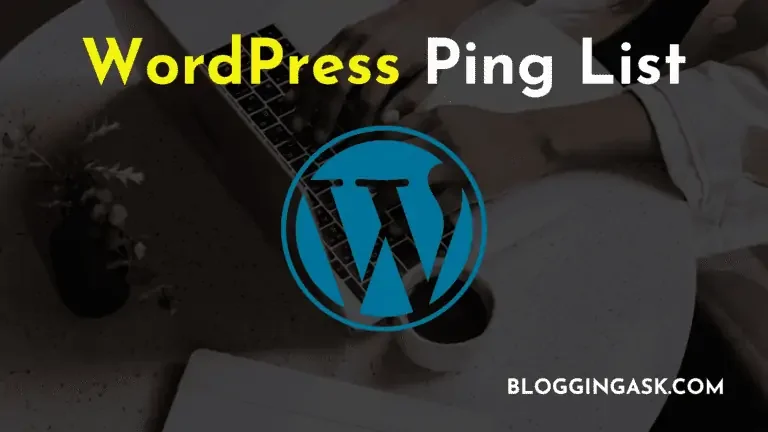It’s confusing, you have heard and believed many myths about writing a blog post.
But, What is the Ideal Blog Post Length for SEO? How long should your post be?
I have listened to SEO experts, and they seem to never agree on what the Blog Post Length is. Some claim shorter Post helps and improves User experience, while others believe long Post wins the game.
Let’s debunk the myth; Let’s get started.
What is The Ideal Blog Post Length For SEO (without hurting User Experience)

As a blogger, you must be able to determine the perfect content length each time you are writing a post. Content is King, but not all contents are the same.
Many Experts have released their research; there’s a correlation between all – Long content performs well on search results.
Research by Backlinko indicates that the contents of 1890 words are a blast – that’s the average word count of a Google first page result.
However, You don’t want to be publishing only content of such form (1890 words), You must know when you need long-form content and short-form content.
Google Guidelines
A recent document published by Google, known as the Search Quality Evaluator Guidelines, talks about content length and although it does not specify a word count, it does mention the phrase, a satisfying amount of high-quality content. (reliablesoft.net)

4 Factors To Determine The Ideal Blog Post Length
These factors will be of help:
Who are your focus Audiences?
The best way to identify the perfect blog post length is by examining your target audience. There are many stages to learning – from beginner to Intermediate.
If your Audiences are at the beginning phase (lack basic knowledge), you must deliver a beginner guide that will help them have a grasp of the starting knowledge.
At least push them forward and help them get the wheel rolling. Ultimate guide? Yes, you are right. You need to cover everything in your content, and leave no stone unturned.
For Example:
Someone searching for “How to start a blog” knows nothing about blogging. You might have to cross 2000 words to convince such a person.
Even though a single post can’t do the magic of teaching someone everything about blogging, still, you must cover all the basics. Before optimizing your content for search engines.
On the other hand, A person searching for “How to install a Plugin on WordPress” won’t be pleased to read your powerful 2000+ words.
Such a person already understands the basics of blogging and only needs a fast answer to his query.
Evaluate the Content-Type
Imagine it this way: You want to purchase an item worth $1000 from Amazon, so you search for a review online.
The first result was 300 words, How will a 300 words article convince you that your $1000 isn’t about to go the wrong path.
And a 10,000 words review will be too dull, too chunky, and off-point – it won’t hit the exact vital points. You will get lost easily.
Putting yourself in the shoes of your readers is essential to help you determine the ideal content length.
For instance, product review is one of the trickiest blog posts.
You don’t want to be too mean and force a reader to lose confidence in you, and you don’t want to waste much time, so you won’t force readers to whisk away – Humans have a short attention span.
You need lots of powerful words to hook their attention.
A product review should neither be too short nor too long. 1000 – 2000 words will do the magic.
That’s the average word count for product reviews. For instance, I wrote a detailed Spocket dropshipping review of 1,650 words, and it’s doing well in search results.
I can decide to increase the length, but it will be of no use. I was able to go deep in the review with less than 2000 words – Short and Sweet.
The goal for every piece of content should go beyond just ranking and traffic. It should be simple and easy to understand.
Analyze Ranking Results
Replicating word counts of already ranking posts on Google will help you understand how long your blog post should be.
It means you won’t face the hassle of calculating the perfect length for your Post.
If you type in the term “SEO,” you won’t come across a result with less than 4000+ words. It means such a term must thoroughly be treated without any drawback.
You can form a strategy here
It’s just simple math. Make sure to get the word count of the top 5 results for a search term.
Then add them together and divide the total by 5 – it will return the average word count you should aim for when writing your content.
One essential on-page SEO checklist is evaluating the top-ranking results.
While the top results are ranking with 2000+ words, you can’t dream of outranking them with your 500 words Post.
Long-form content also attracts lots of comments, and you know blog comments help your content rank better.
On the downside, longer posts are difficult to write, and the reader often prefers shorter blog posts that are easier to understand.
On the other hand, shorter content is much easier to produce on a regular basis.
Can you keep the engaged Readers engaged
Some content is naturally not meant to be in long form; If you don’t lose points, you will start to become boring.
Regardless of the blog post length you choose, make sure to keep your readers alive, and don’t bore them – Nobody wants to be feeling sleepy while reading a post.
Delivering a good user experience is not just suitable for search engines; it’s also good for your blog.
You want to have an interactive audience that will comment, share, and compliment your piece.
Short content is better than long boring content without direction.
How long should your article be?
You can publish a 10,000-word blog post. But if the quality of the content sucks, then your blog post is not going to get ranked. And you lose.
Is word count important?
Yes, it is.
But word count is only important when the content is of super high quality.

Conclusion: What is the Ideal Blog Post length for SEO?
So, What is the Ideal Blog Post length for SEO? Even though longer content performs well in the search results, it doesn’t necessarily mean all your blog posts should be in a long form.
The vital point is to fulfill user search intent – Make sure to answer search queries fully. Use LSI to explore more sub-topics to cover.
But to answer the above question, long interactive, interactive, and problem-solving content of 1000+ words is the ideal blog length for SEO.

Folajomi Ballo
This guest post is by Folajomi Ballo who is a B2B Freelance Content writer that helps small businesses, marketers, and solopreneurs create actionable, data-driven, and thought-provoking content to triple their conversions.

Ready To Make Money Affiliate Marketing
Learn These 7 Pillars of Affiliate Marketing I’ve Used To Create A Hyper-Profitable Affiliate Business From Scratch So You Can Make Your First Commission Online…







